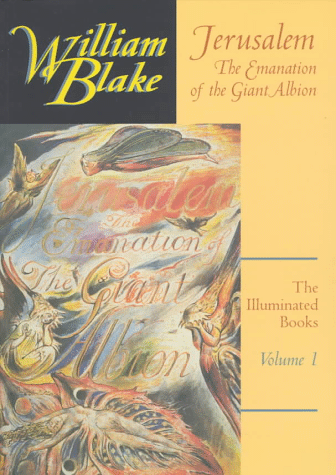The True and Only Heaven: Progress and Its Critics by Christopher Lasch, 532 pages
Christopher Lasch's story of progress and its critics is, as the subtitle suggests, really two stories. The first, counterintuitively, is the tale of the nineteenth century critics of industrialization and enlightenment and their warnings about atomisation, alienation, and decadence. The second is that of twentieth century American progressives as they came to increasingly view the masses as the object rather than the protagonist of historical processes. Uniting these narratives is Lasch's apocalyptic understanding that the end of progress is not a realized utopia, but an insatiable demand for more of everything, resulting in a fundamental rejection of all boundaries and limitations.
The True and Only Heaven is not merely a book that should be read by anyone seeking to understand the current century and the two which preceded it. It is a book that no one can plausibly claim to understand the world in its present moment without having read. Lasch even profoundly explicates matters only peripheral to his central concern - the transformation of the civil rights movement from moral suasion to black power, for instance. Indeed his analysis is so brilliant that it illuminates even areas he does not directly touch - his treatment of syndicalism, for example, reveals a previously unexpected foundation beneath Nolte's theory of fascism. Yet another mark of Lasch's genius are the uses to which his thoughts can be put that he did not foresee and would not have sympathised with. This is entirely fitting for a narrative the great theme of which is hope, for hope, Lasch tells us, depends upon faith in an "underlying order of things [that] cannot be flouted with impunity."

